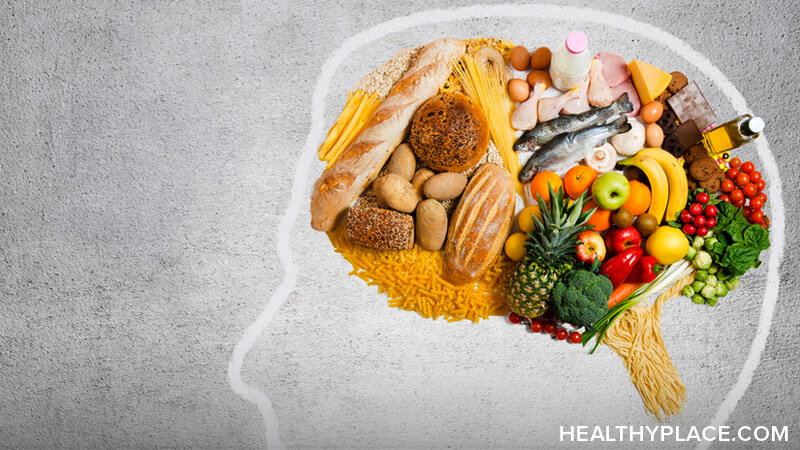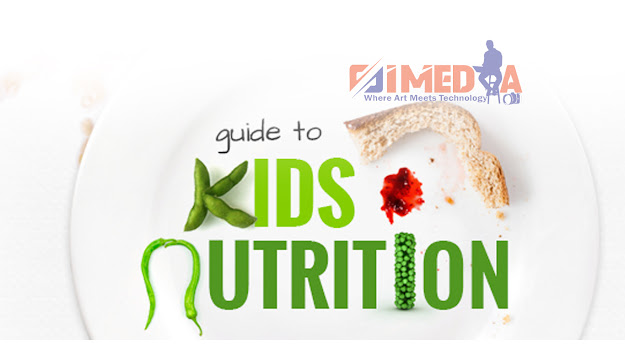SEPTEMBER: SUICIDE PREVENTION AWARENESS MONTH

NUTRITION AND MENTAL HEALTH
According to WHO statistics, 1 in 4 people have been affected with mental disorders which translates to 450 million people, making it among the leading causes of ill health and disability worldwide. There are drugs that are used to treat the disorders but it come with side effects take for example lithium that is used to treat bipolar disorder, if taken in high amounts can lead to dulled personality, reduced emotions, memory loss and weight gain, the side effects maybe unpleasant and the patient may default in taking the medication because of the effects. prevalence of mental health has increased in developed countries due to their diet that is deficient in Omega3 fatty acids, B vitamins, minerals and amino acids, accumulating data suggests that this may indeed be the case why the developed countries have higher numbers compared to other countries but it don’t mean the other countries don’t have rising cases as well because people have started westernizing their diets and this shows that diet and nutrition are not only critical for human physiology and body composition, but also have significant effects on mood and mental wellbeing, Adan A.H Rodger et al( 2019).

The direct link between diet and physiological wellbeing is evident take for instance carbohydrates and moods, taking highly refined foods are the risk factors of obesity and diabetes and sometimes moods can affect the food choices that we make by which highly processed foods can cause depression and anxiety because repeated rapid increase and decrease in blood sugars measures of glycaemic index and load can be used to estimate insulin demand in healthy individuals after eating, thus the high glycaemic load could lower plasma glucose to the concentration that trigger the secretion of hormones such as cortisol, adrenaline, growth hormone and glucagon such counter-regulatory hormones cause changes in anxiety, irritability and hunger. Firth Joseph and colleagues (2020).
Depression
Depression has for
a long time has been associated with deficiencies in neurotransmitters like
serotonin, dopamine, GABA and noradrenaline in which amino acids like
tryptophan, tyrosine, phenylalanine and methionine have been used to in treating
depression, tryptophan is a precursor to serotonin and is usually converted to
serotonin when taken on an empty stomach hence tryptophan induces sleep in the
cases of serotonin deficiencies restore serotonin leading to diminished
depression.
Research has shown
that nutritional
supplement treatment may be appropriate for controlling major depression,
bipolar disorder, schizophrenia and anxiety disorders, eating disorders,
attention deficit disorder/attention deficit hyperactivity disorder (ADD/ADHD),
addiction, and autism (Lakhan E Shayeen and Vieira F Karen)2008.

The brain is an organ with very high
metabolic and nutrient demands. On average, the brain consumes 20% of a
person’s daily caloric intake, approximately 400 calories per day. It is
composed of 60% fat and contains high concentrations of cholesterol and polyunsaturated
fatty acids (PUFAs) such as Omega-3s. Lachance Laura (2015). The decrease in the
consumption of Omega3 rich foods like fish and other sources has led to an increase in major depression in the general populations. mechanisms of action
may explain how eicosapentaenoic acid (EPA) which the body converts into
docosahexaenoic acid (DHA), the two omega-3 fatty acids found in fish oil,
elicit antidepressant effects in humans. Consuming omega-3 fatty acid
dietary supplements that contain 1.5 to 2 g of EPA per day have been shown to
stimulate mood elevation in depressed patients. However, doses of omega-3
higher than 3 g do not present better effects than placebos and may not be
suitable for some patients, such as those taking anti-clotting drugs. Lakhan E
Shayeen (2008).

A healthy brain is determined by how
healthy our diet is, so intentional eating for better health is essential to every an individual from childhood when you need a more balanced diet for growth especially
the diet with high brain boosters like fish and other seafood that contains
building blocks for monoamines and other neurotransmitters of the brain and
minerals, nutritional treatments and other supplements are used on patients with
disorders, or can be used in support of other subscribed drugs to ensure better
health for patients, nutritional therapies though not embraced by many
clinicians have the advantage of making the patients embrace treatments because
of the fewer side effects it has compared to normal drugs, people should be educated on the Mediterranean
diet and should embrace a balanced diet.
Compiled by: Sharon Tallam and Simiyu Nalianya- Nutrition students
Listen to more podcast in MENTAL HEALTH-REDEFINED


Comments